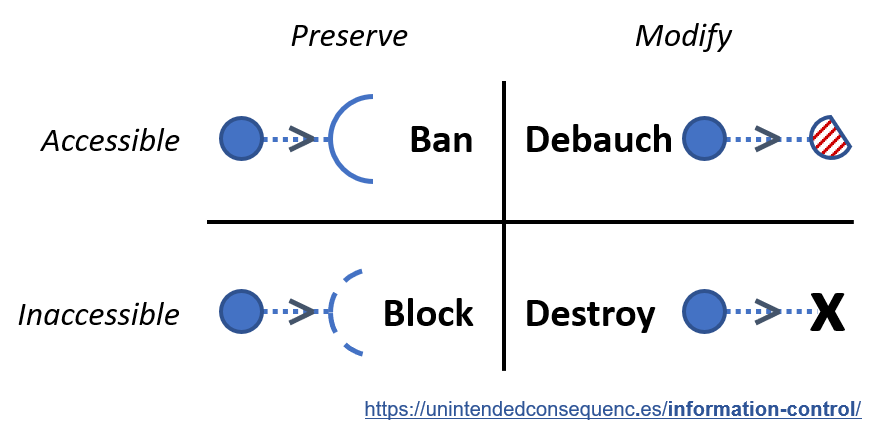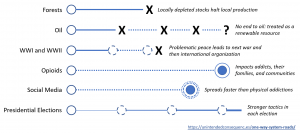2020 was a year of many things. Healthcare politicization, data politicization, writers duped by fake news outlets, news outlets duped by fake writers, economic downs and ups, hacks, protests, an emerging disease people thought was just the flu, and much more.
People suffered from bad systems and had difficultly creating better ones. Often there was no thought to systems at all. But 2020 was representative of a normal year in a world more exposed to unintended consequences. Or you could say 2020 shifted the expectation of what normal could be.
Many recent actions will reach far into the future. I’ll explore some of them in coming articles, which will include more on COVID, the election, and social media censorship, as well as topics like self-driving cars, ecosystem interference, and education.
I take my readers as thoughtful, wanting deeper insights, and appreciating a different perspective than they see elsewhere.
That means that I try to leave readers more knowledgeable on important topics that should be more studied (but often aren’t).
That also means that I’m going beyond writing to do monthly online talks (next one January 13th). Continue reading “It’s a Start”



